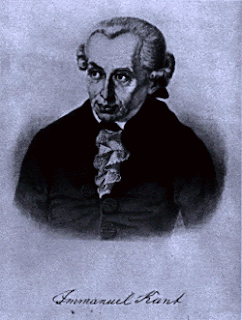
I have just read the most powerful defense of the cosmological arguments that I've ever read in John E. Smith's Experience and God. Parts of this book are simply amazing!
The crux of Smith's argument is that if you want an ultimately intelligible worldview, with ultimate explanations, you must allow that (1) the contingent world doesn't contain within itself the ground of its own being, and (2) it requires for this ground a necessary being outside itself.
Smith fully admits that if you don't believe you need a principle of sufficient reason or principle of intelligibility, i.e., if you can do without ultimate explanations, then you need not be persuaded by the force of the cosmological argument.
There is a God. The failure to see this is due to having a clouded mind.
I don't think anyone finds God, or however you might conceive the ultimate divinity of the world, through reason alone. But God touches every life, whether recognized or not. If we seek God, we find God both in our experience and in the use of reason. Having had the experience of God, it makes supreme sense to look for ultimate explanations in the world. And once you allow that there are, or should be, ultimate explanations, there is no denying God.I am very impressed with John Smith's work. He emphasizes that we begin in a world of tradition and experience. He believes in the power and the necessity of revelation. Given these, however, we seek the intelligibility of our experience. And we find it in a combination of arguments for the existence of God. I think he has it just right.
(In the history of Philosophy, the cosmological argument has been forcefully argued for by, among others, St. Thomas Aquinas, Descartes, and Leibniz.)




